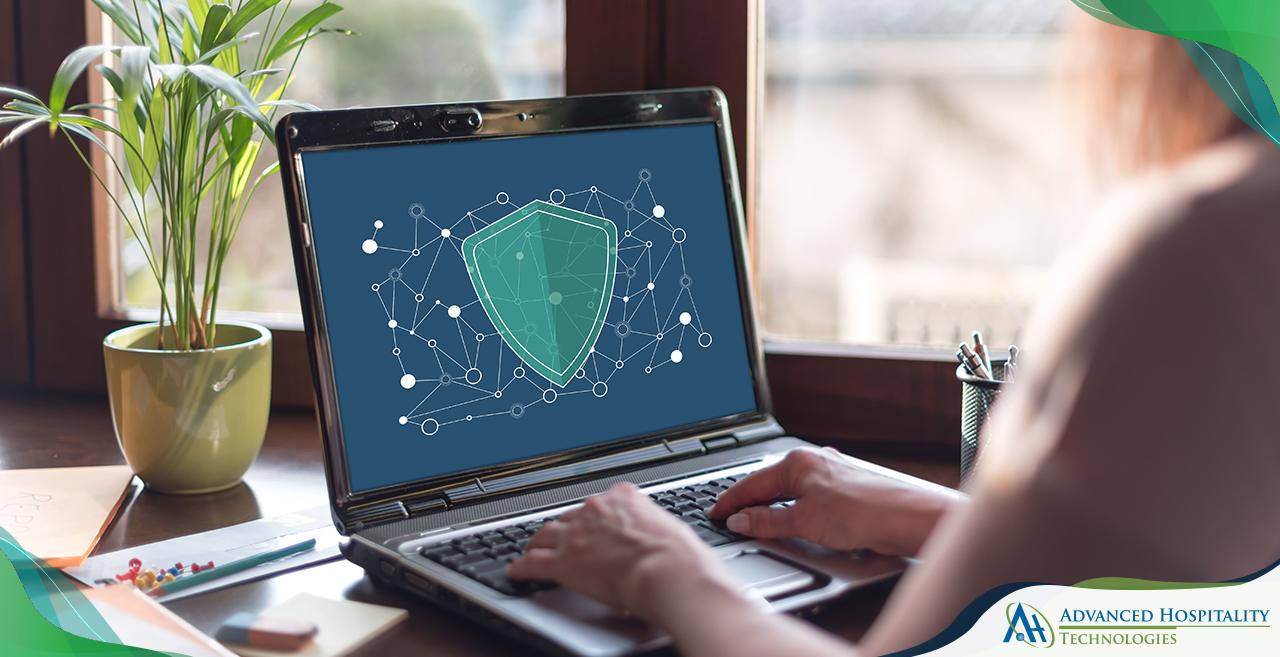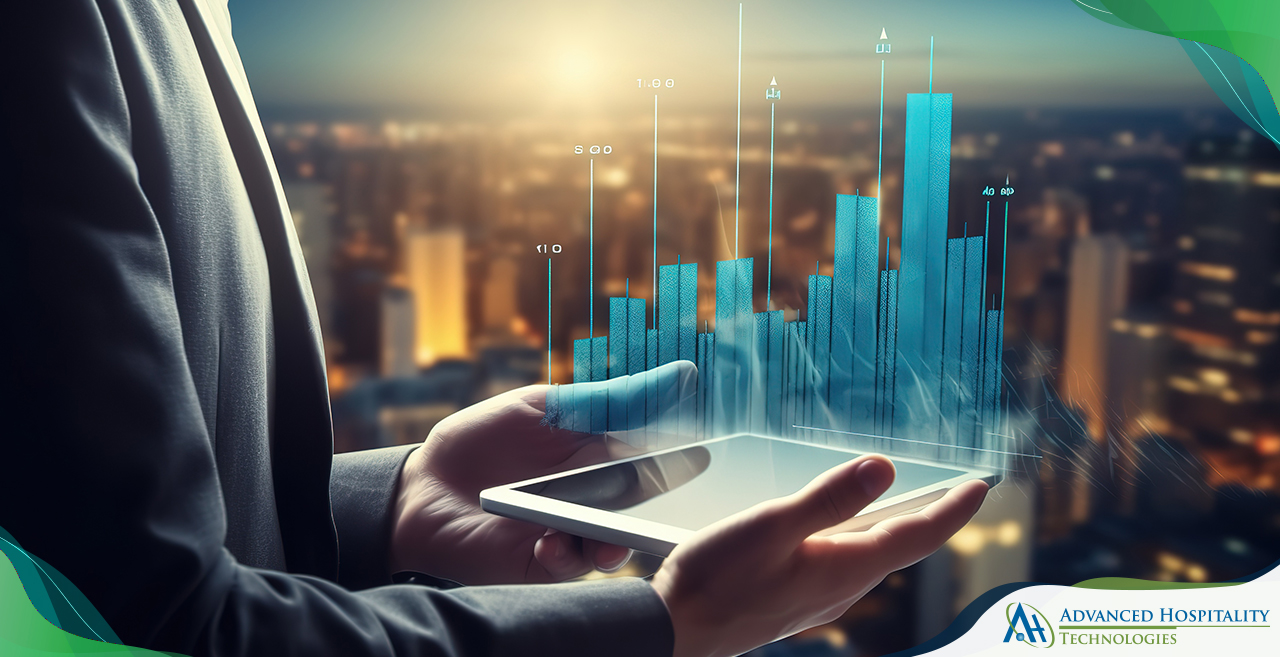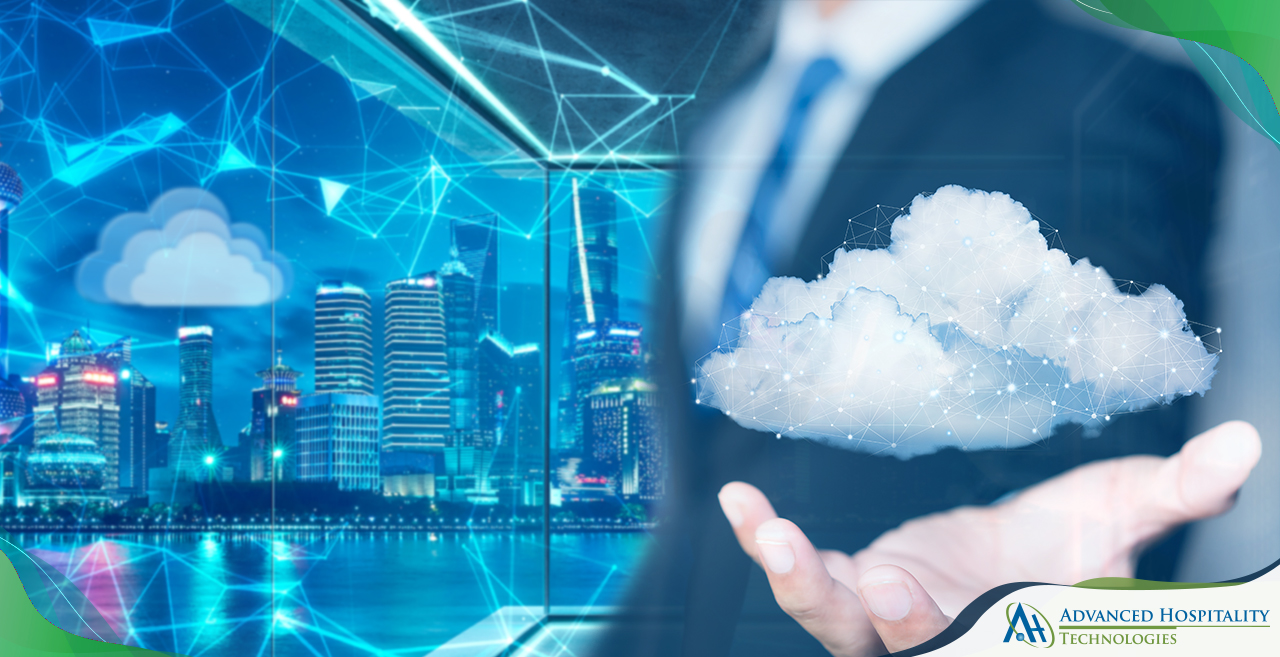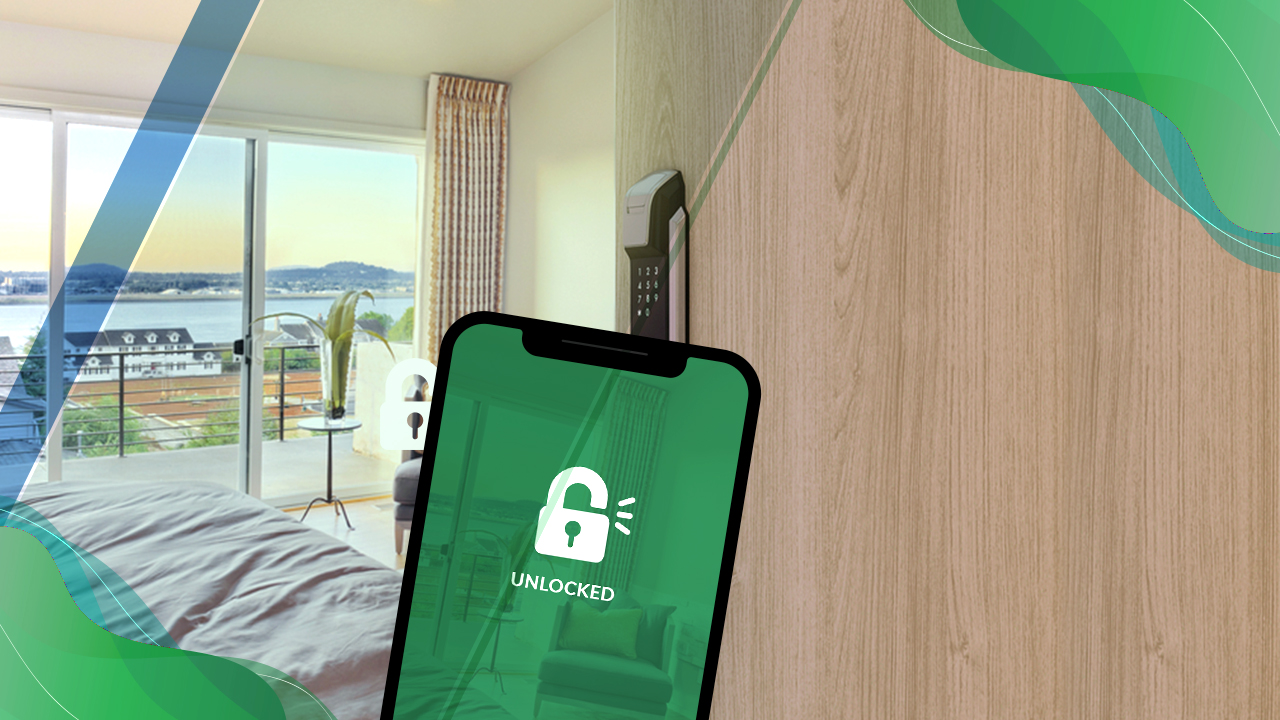Introduction
In today’s digital age, the hospitality industry faces unique challenges in balancing guest convenience with data security. As hotels adopt more sophisticated technology solutions, the need for robust cybersecurity measures becomes increasingly critical. This blog explores the importance of integrating cybersecurity and technology integration solutions and provides practical insights for hospitality professionals.
Understanding Hotel Technology Ecosystems
Modern hotels rely on a complex ecosystem of interconnected technologies to operate efficiently and enhance guest experiences. This ecosystem typically includes Property Management Systems (PMS), guest-facing applications, Internet of Things (IoT) devices, and various back-office systems. Each component in this ecosystem presents potential vulnerabilities that cybercriminals can exploit.
Technology integration in hotels goes beyond simply implementing new systems. It involves creating a seamless network where all components work together harmoniously. However, this interconnectedness also means that a security breach in one area can potentially compromise the entire system. Therefore, a holistic approach to cybersecurity integration is essential.
To achieve effective technology integration, hotels must first conduct a comprehensive audit of their existing systems. This audit helps identify potential weak points and areas where cybersecurity measures need to be strengthened. By understanding the hotel’s technology landscape, IT teams can develop targeted strategies for cybersecurity integration.
Integrating Cybersecurity into PMS and Guest-Facing
The Property Management System (PMS) is the heart of a hotel’s operations, storing sensitive guest information and financial data. Integrating robust cybersecurity measures into the PMS is crucial for protecting this valuable data. This integration involves implementing strong encryption protocols, multi-factor authentication, and regular security updates.
Similarly, guest-facing applications such as mobile check-in apps and in-room entertainment systems must also be secured. These apps often handle personal information and payment details, making them attractive targets for cybercriminals. Cybersecurity integration in these apps should focus on secure data transmission, regular vulnerability assessments, and prompt patching of security flaws.
Moreover, hotels should consider implementing a secure API (Application Programming Interface) layer. This layer acts as a buffer between the PMS, guest-facing apps, and other hotel systems, ensuring that data exchanges are authenticated and encrypted. By integrating cybersecurity at this level, hotels can significantly reduce the risk of unauthorized access and data breaches.
Securing IoT Devices in Hotels
The proliferation of IoT devices in hotels, from smart thermostats to voice-activated assistants, has created new opportunities for enhancing guest experiences. However, these devices also introduce new security risks. Each connected device is a potential entry point for cybercriminals if not properly secured.
Integrating cybersecurity measures for IoT devices involves several key steps. First, hotels should ensure that all devices are configured with strong, unique passwords and are regularly updated with the latest security patches. Second, implementing network segmentation can help isolate IoT devices from critical hotel systems, limiting the potential damage in case of a breach.
Additionally, hotels should consider implementing a dedicated IoT security solution. These solutions can monitor device behavior, detect anomalies, and provide real-time alerts about potential security threats. By integrating such solutions into their overall technology ecosystem, hotels can better protect their IoT infrastructure and guest privacy.
Collaborating with Technology Vendors
Effective cybersecurity integration often requires close collaboration with technology vendors. Many hotel systems are provided by third-party vendors, and ensuring these systems meet the hotel’s security standards is crucial. Hotels should work closely with their vendors to understand the security features of their products and how they integrate with existing security measures.
When selecting new technology solutions, cybersecurity should be a key consideration. Hotels should prioritize vendors who demonstrate a strong commitment to security and offer regular updates and support. It’s also important to establish clear communication channels with vendors for reporting and addressing security concerns promptly.
Furthermore, hotels should consider including security requirements in their vendor contracts. This can include provisions for regular security audits, incident response procedures, and data protection measures. By integrating cybersecurity considerations into vendor relationships, hotels can ensure a more comprehensive and effective security posture.
Training and Awareness
While technology integration and cybersecurity measures are crucial, the human element remains a critical factor in hotel security. Staff training and awareness programs should be an integral part of any cybersecurity integration strategy. These programs should cover basic security practices, how to identify potential threats, and the proper procedures for handling sensitive information.
Regular training sessions and simulated phishing exercises can help keep staff vigilant and prepared to handle potential security threats. Additionally, hotels should consider implementing a culture of cybersecurity awareness, where all employees understand their role in protecting guest data and hotel systems.
It’s also important to extend this training to temporary staff and contractors who may have access to hotel systems. By integrating cybersecurity awareness into all levels of hotel operations, hotels can create a more resilient defense against cyber threats.
Benefits of Integration
The integration of cybersecurity with hotel technology solutions offers numerous benefits. Firstly, it enhances the overall security posture of the hotel, reducing the risk of data breaches and associated financial and reputational damages. This improved security can be a significant selling point for guests who are increasingly concerned about their data privacy.
Secondly, technology integration with a focus on cybersecurity can lead to more efficient operations. By streamlining security processes across different systems, hotels can reduce redundancies and improve overall system performance. This efficiency can translate into cost savings and improved guest experiences.
Lastly, robust cybersecurity integration can help hotels comply with various data protection regulations, such as GDPR or CCPA. By implementing comprehensive security measures, hotels can more easily demonstrate their compliance efforts and avoid potential legal issues.
Conclusion
Integrating cybersecurity with hotel technology solutions is no longer optional in today’s digital landscape. It’s a necessary step to protect guest data, maintain operational efficiency, and preserve the hotel’s reputation. By understanding their technology ecosystem, securing critical systems and IoT devices, collaborating with vendors, and fostering a culture of security awareness, hotels can create a robust defense against cyber threats.
As technology continues to evolve, so too must hotel cybersecurity strategies. Regular assessments and updates to security measures will be crucial to stay ahead of emerging threats. By making cybersecurity integration a priority, hotels can ensure they’re well-prepared to face the digital challenges of tomorrow while providing guests with the seamless, secure experiences they expect.




